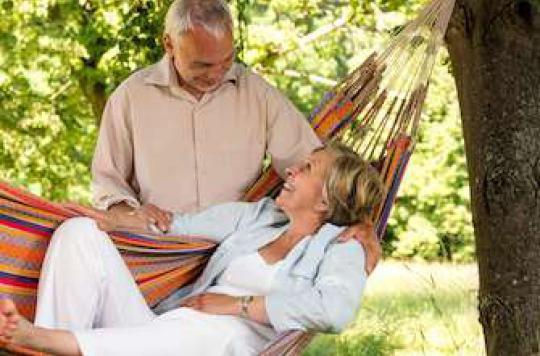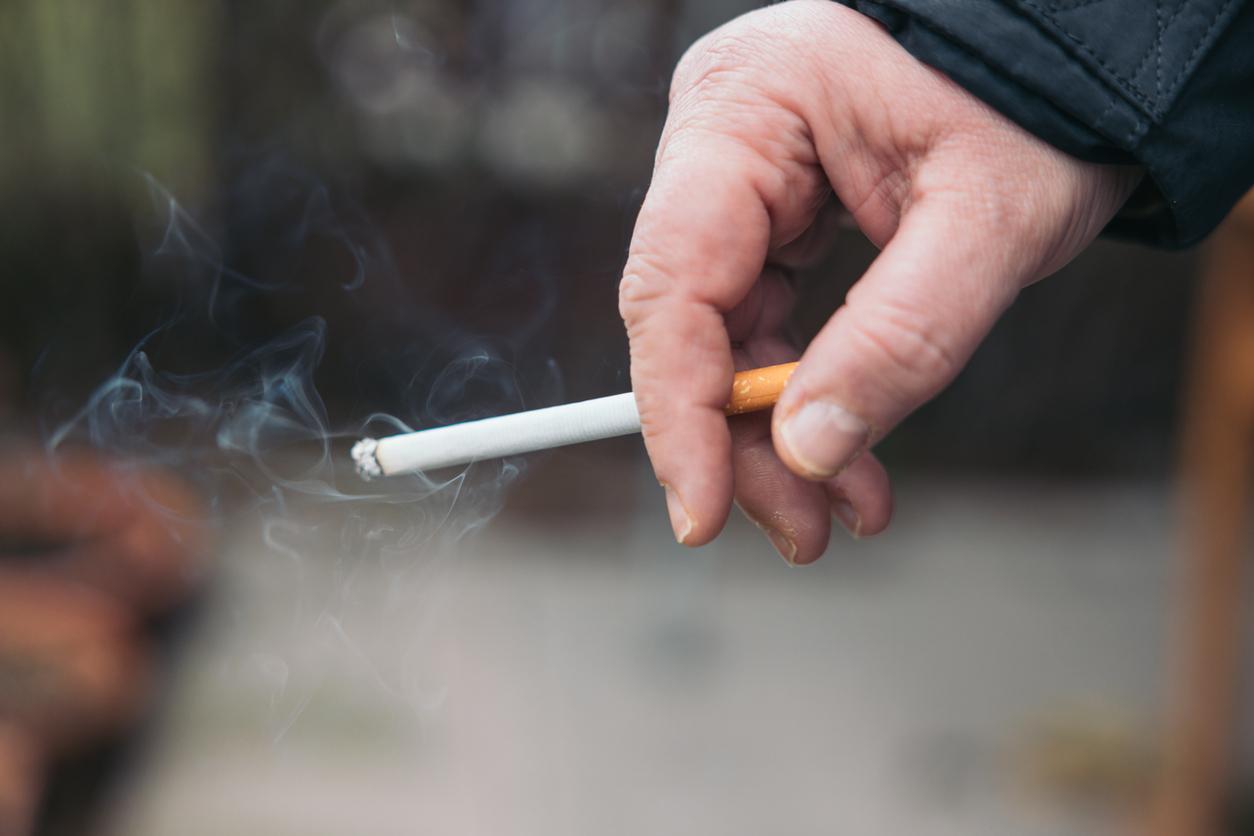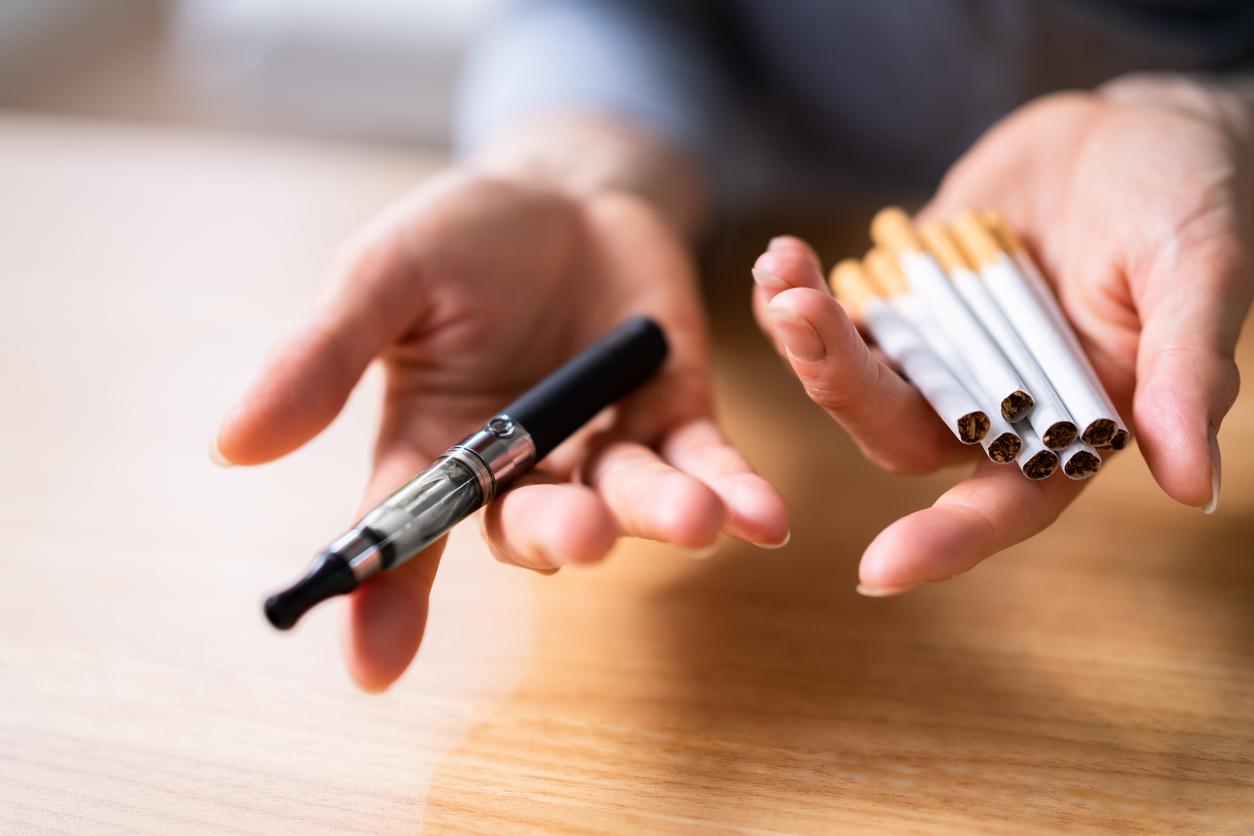A fulfilling social life helps seniors stay healthy. According to the Inpes Health Barometer 2010, 55-85 year olds who see their family and friends eat better, smoke less.

To live happily, let’s live together. According to the results of the Inpes Health Barometer (National Institute for Prevention and Health Education) 2010, seniors are in better health, both physical and mental, when they regularly see their loved ones and participate in group or leisure activities. . This photograph of the health behaviors of 55-85 year olds is particularly important when we know that, by 2050, one in three French people will be over sixty.
Better informed but more worried
More than 27,600 people living in mainland France took part in this survey. Overall, social life does not vary too much with the years: 82% of 55-85 year olds met friends or family the week before the survey, 52% took part in group or leisure activities, which is comparable to the 15-54 age group. These interactions are important for staying healthy, as this survey shows.
Seniors who meet people feel better informed than loners about alcohol and tobacco (90%), cancer (86%), contraception (88%) or Alzheimer’s disease (69%). They are also more likely to search online for information on health topics that interest them.
But the social bond also seems to accentuate concerns around certain diseases. Thus, respondents who have seen their loved ones express more fears about cancer (58% vs. 48%), Alzheimer’s disease (54% vs. 47%) or heart disease (44% vs. 38%).
Eat better, smoke less, drink more
Concerning the health of seniors, it is also strongly influenced by their social life. Smoking is less common in people who participate in group or leisure activities and decreases with age. 55-85 year olds also seem to be more attentive to their eating habits: 27% of them associate food with a way to stay healthy. And a large majority of them ate balanced the day before (fruits, vegetables, meats, fish, eggs, starches and dairy products).
Alcohol consumption, on the other hand, increases with the years and the social bond. 19% of men and 8% of women who did not participate in activities the week preceding the survey had one-off risky drinking, compared to 26% of men and 13% of women who left their homes.
On the mental health side, there too, social life is beneficial. One in five respondents is or has been in a state of psychological distress in the past year. But living alone quadruple the risk of depression in men, double in women. The latter are also more at risk when they do not practice group activity or leisure.
.














